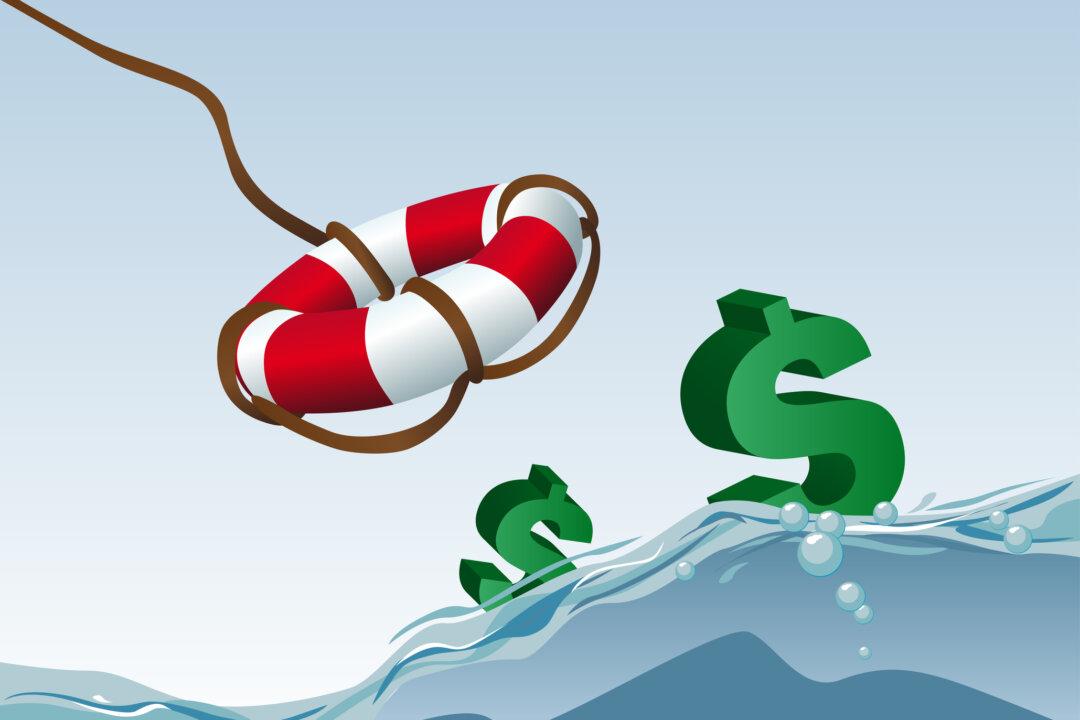By Ellen Kennedy
From Kiplinger’s Personal Finance
Like all investors, those who are focused on sustainability are looking for ways to hedge inflation and deliver long-term value in today’s economy.

Like all investors, those who are focused on sustainability are looking for ways to hedge inflation and deliver long-term value in today’s economy.